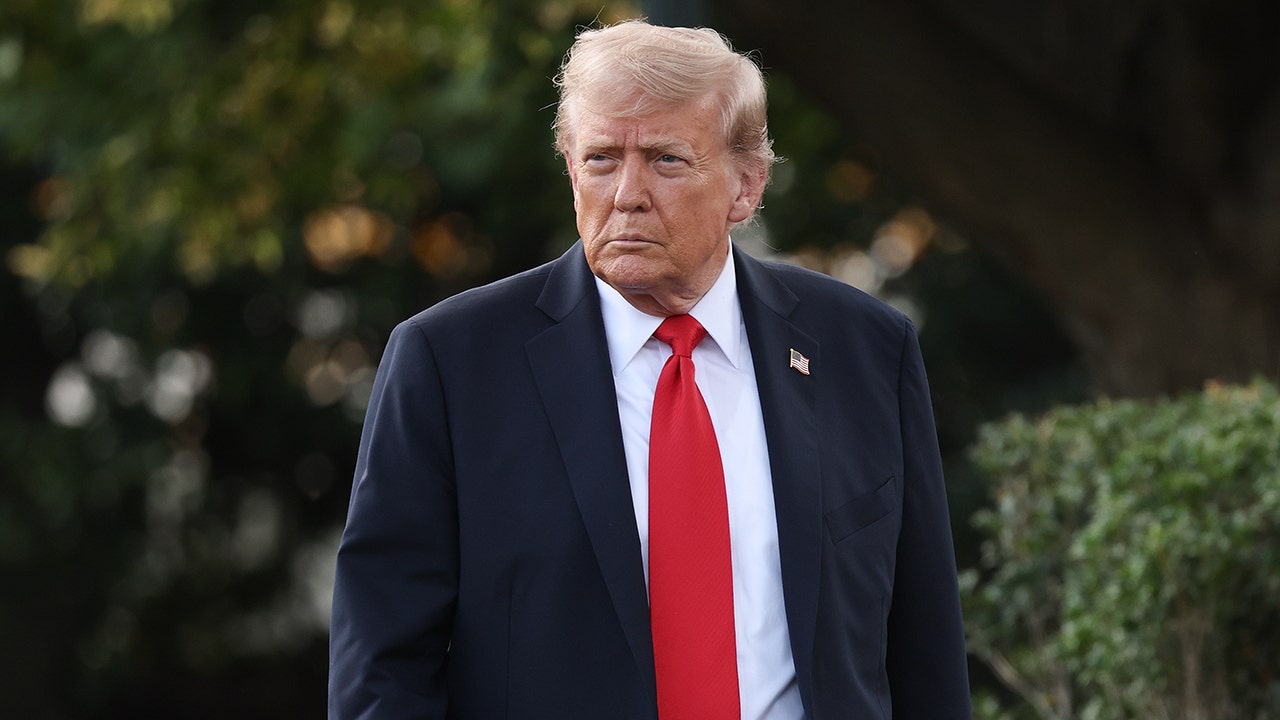Japan’s Financing Minister Satsuki Katayama stated on Wednesday that she just recently sees one-sided and quick relocations in the currency, including that she will be carefully enjoying FX relocations with a high sense of seriousness.
Secret quotes
Just recently seeing one-sided, quick relocations in the currency.
No discuss particular forex levels.
However it is necessary for currency to relocate steady way showing principles.
Carefully enjoying FX relocations with high sense of seriousness.
Weak yen adding to cost-driven inflation to some degree.
Will not reject that drawbacks of weak yen surpasses the benefits.
Market response
Since composing, the USD/JPY set is up 0.30% on the day at 154.60.
Japanese Yen Frequently Asked Questions
The Japanese Yen (JPY) is among the world’s most traded currencies. Its worth is broadly identified by the efficiency of the Japanese economy, however more particularly by the Bank of Japan’s policy, the differential in between Japanese and United States bond yields, or danger belief amongst traders, to name a few aspects.
Among the Bank of Japan’s requireds is currency control, so its relocations are crucial for the Yen. The BoJ has actually straight intervened in currency markets in some cases, usually to decrease the worth of the Yen, although it avoids doing it frequently due to political issues of its primary trading partners. The BoJ ultra-loose financial policy in between 2013 and 2024 triggered the Yen to diminish versus its primary currency peers due to an increasing policy divergence in between the Bank of Japan and other primary reserve banks. More just recently, the slowly loosening up of this ultra-loose policy has actually offered some assistance to the Yen.
Over the last years, the BoJ’s position of adhering to ultra-loose financial policy has actually resulted in an expanding policy divergence with other reserve banks, especially with the United States Federal Reserve. This supported a widening of the differential in between the 10-year United States and Japanese bonds, which preferred the United States Dollar versus the Japanese Yen. The BoJ choice in 2024 to slowly desert the ultra-loose policy, paired with interest-rate cuts in other significant reserve banks, is narrowing this differential.
The Japanese Yen is frequently viewed as a safe-haven financial investment. This implies that in times of market tension, financiers are most likely to put their cash in the Japanese currency due to its expected dependability and stability. Unstable times are most likely to enhance the Yen’s worth versus other currencies viewed as more dangerous to buy.
Source: FXstreet.






















